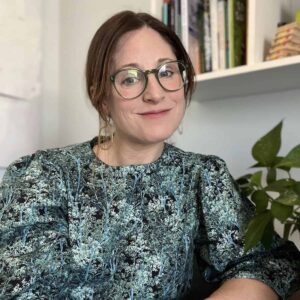During a past focus group for Exceptional Lives, we received the following feedback: “If I see a particular diagnosis mentioned, or I don’t see my child’s diagnosis, I assume it’s not for me.” This makes perfect sense. As parents and caregivers, we have a lot of information to sift through; we need to know what is relevant for us. Sometimes a diagnosis can help us narrow the information, but we all need to remember that an individual, of course, is much more than her diagnosis. So how do we use diagnosis to move us forward, without allowing it to close doors?
While I tend to think that we, as a culture, can over-rely on diagnoses, I can understand why they are important.
Obtaining a diagnosis for your child can feel like a relief. For parents who have concerns or questions about their child’s development, a diagnosis can feel like an answer. It can bring understanding to behaviors or organize symptoms that once felt scattered. It can open doors for services and eligibility for special programming. A diagnosis is one way to link you, as a parent, to a group of other parents with shared experiences. It can link a child to peers walking a similar path in life. A diagnosis can contribute to creating identity.
But a diagnosis isn’t everything. And what if your child doesn’t have a single, clear diagnosis? What if you don’t have one box to check?
I have found myself in between boxes at different times in my life. Whether it was not knowing how to define my work or how to identify myself in a new community, if I didn’t fit into the listed categories, I was left feeling like I didn’t belong. It’s uncomfortable and can be frustrating. As a parent, my child’s diagnoses are not clear cut. They are pieces of a complicated puzzle. Sometimes they don’t fit into boxes, and that’s ok.
We are unique and our development is dynamic; our children are unique and their development is dynamic.
As we create our communities and explore our individual worlds, diagnosis can be one among many ways of contributing to our identity, but it is certainly not the only way. Take what you need from a diagnosis and leave the rest behind. The goal should always be to open doors or join a community; to move forward.
What communities support you and your family? Tell us in the comments below and on Facebook, too. Join our ELI community and be sure to visit our Guides to learn more!



